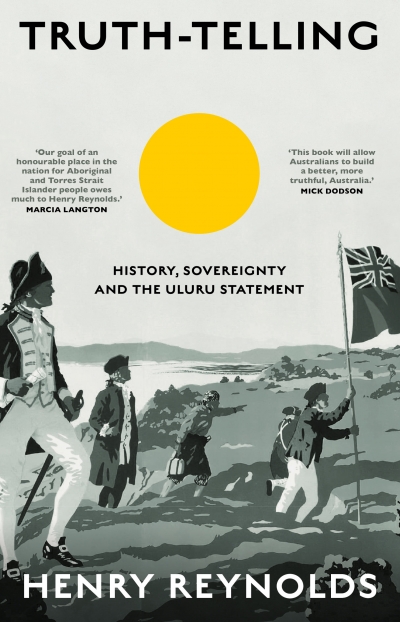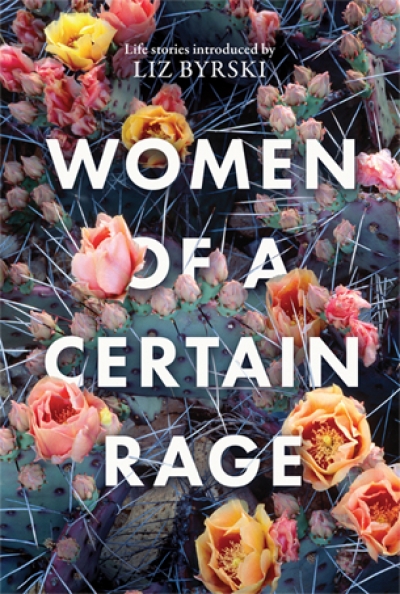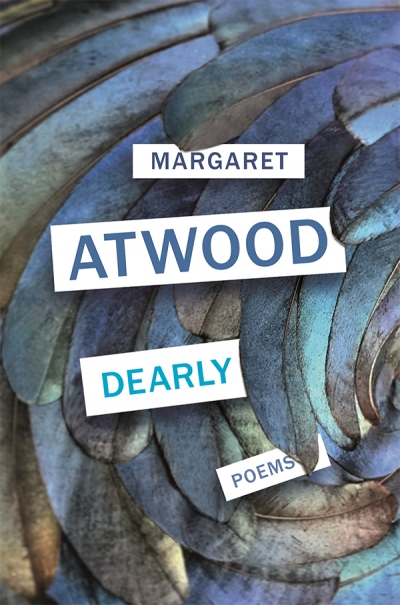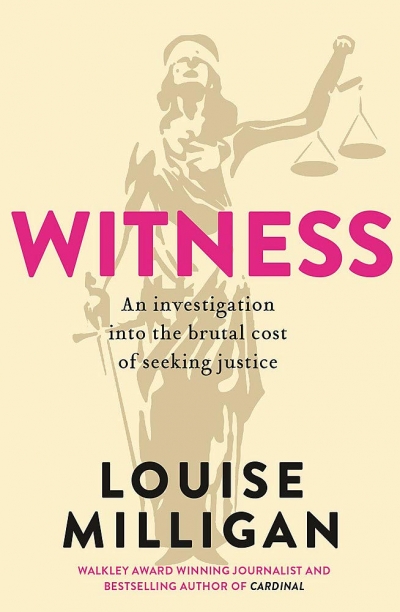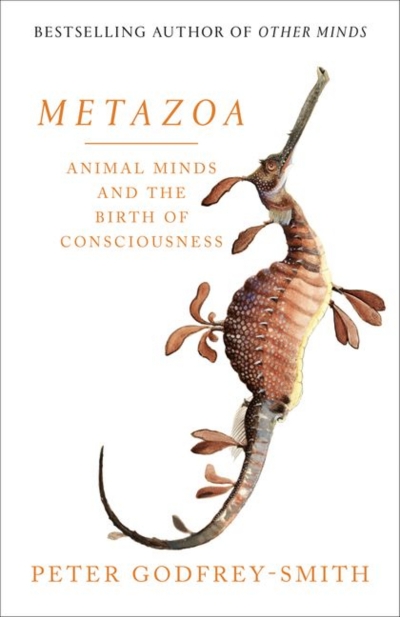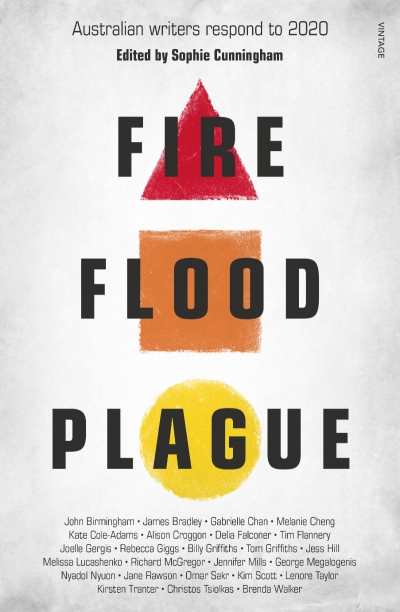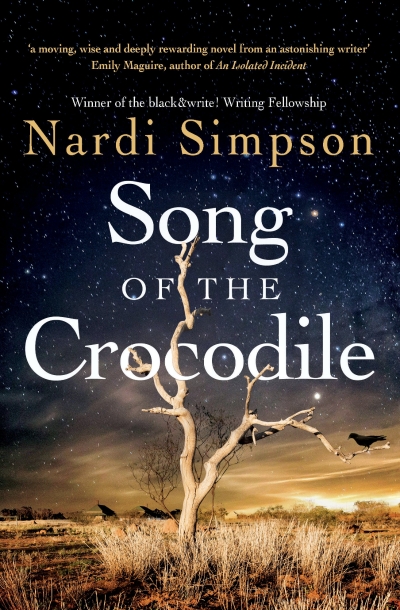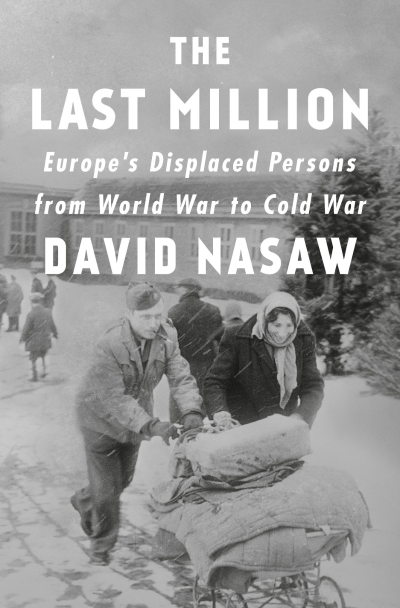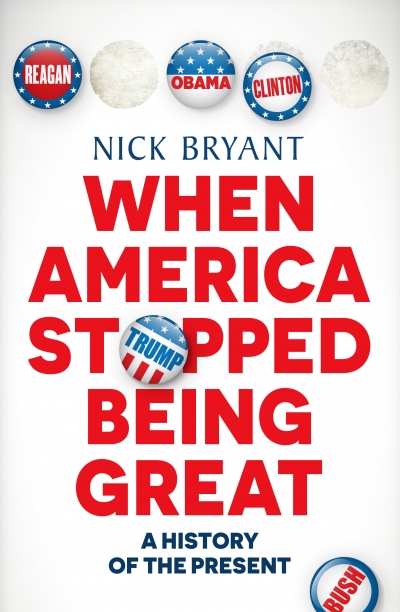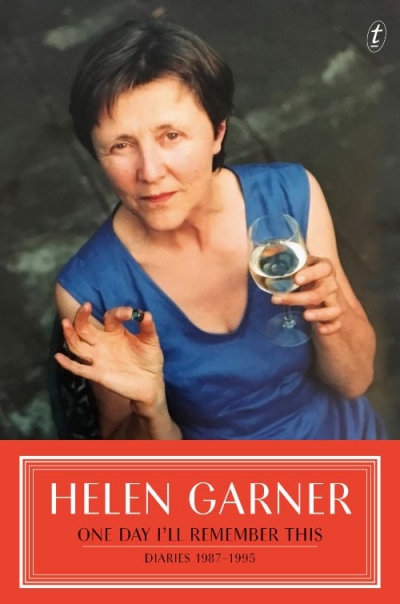Book of the Week
Sign up to Book of the Week and receive a new review to your inbox every Monday. Always free to read.
Recent:
Truth-telling: History, sovereignty and the Uluru Statement by Henry Reynolds
In the wake of the 2017 Uluru Statement from the Heart, truth-telling has gained new currency in Australia. The Statement called for a ‘Makarrata Commission to supervise a process of agreement-making between governments and First Nations and truth-telling about our history’. Although yet to be fleshed out in any detail, the renewed call for truth-telling has been greeted with enthusiasm by many First Nations peoples and their allies around the continent, who endorse the view that shining the bright light of truth into the darkest recesses of Australian history will contribute to a transformation in Indigenous–settler relations.
... (read more)Liz Byrski’s introduction to Women of a Certain Rage is, among other things, a homage to second-wave feminism and a lament that feminism, ‘originally a radical countercultural movement’, has been ‘distorted into a tool of neoliberalism’. While there is no doubt that strains of feminism have been co-opted by neoliberalism to debilitating effect, this narrative – that feminism has become ineffectual since the 1970s – is one that erases many contemporary feminisms, as well as broader feminism-informed political movements and the work that they have done and continue to do.
... (read more)Margaret Atwood began as a poet and transformed herself into a factory, producing work of great energy and range. Since her first collection, Double Persephone, appeared in 1961, she has published more than sixty books of poetry, fiction, and non-fiction. She is a librettist, a maker of eBooks, graphic novels, and television scripts, and, with the serialisations of The Handmaid’s Tale and Alias Grace, a beloved global phenomenon. Much of this work builds on genre fiction bones: the gothic romance, the dystopian novel, and speculative fiction. But now it has become difficult to see her poetry as anything more than an adjunct to her prose, attracting attention less because of its merits as poetry than because it is an Atwood production.
... (read more)Witness: An investigation into the brutal cost of seeking justice by Louise Milligan
The street entrance to the Melbourne Magistrates’ Court is a scoop-hungry gauntlet of journos who spend the day jostling for soundbites, ever ready to give chase. As a rookie reporter, Louise Milligan used to be part of the Sydney court scrum, but when she arrived to give evidence in Australia’s ‘Trial of the Decade’, she had become the story. In her investigative work for ABC’s Four Corners – which begat the Walkley Book Award-winning volume Cardinal: The rise and fall of George Pell (2017) – Milligan had been the first person to hear one of the criminal accusations against the Vatican’s disgraced treasurer
... (read more)Metazoa: Animal minds and the birth of consciousness by Peter Godfrey-Smith
One of the blessings of Covid-19 lockdown was discovering the wildlife cameras streaming on the internet in real time. With a click it became possible to observe brown bears catching salmon in Alaska, sea lions clambering on and off a rocky beach in British Columbia, and white-bellied sea eagles nesting in an eyrie high in bushland on Sydney’s fringes. Watching newly fledged eaglets literally stretching their wings as they stare across the treetops, it’s impossible not to wonder what they must experience in that moment, as they sense for the first time the instinctive urge to take flight. What does it feel like to be a bird? What sense does a bird have of itself as a subjective, experiencing being? How might its consciousness be characterised?
... (read more)Fire Flood Plague: Australian writers respond to 2020 edited by Sophie Cunningham
A detailed timeline prefaces Fire Flood Plague. Stretching from September 2019 to September 2020, it charts events so momentous that Christos Tsiolkas describes them as being ‘imbued with an atavistic, Biblical solemnity’. Sophie Cunningham, the book’s editor, notes in her introduction that many of the contributors (herself included) have found themselves drafting their essays ‘once, twice, thrice, as we’ve progressed from bushfire and smoke-choked skies, to the early days of the pandemic … and into the exhaustion of what is becoming a marathon’.
... (read more)When you begin to read a book about a remote town heralded by the sign ‘Darnmoor, The Gateway to Happiness’, you know it’s not going to be a happy place. The opening chapter of Nardi Simpson’s first novel describes a neat, drab town of streets with names like Grace and Hope. Under a vast cerulean sky, a whitewashed war memorial lies at its ‘bleeding and dead centre’.
... (read more)The Last Million: Europe’s displaced persons from World War to Cold War by David Nasaw
This is a book in the expansive American tradition of long, well-researched historical works on political topics with broad appeal, written in an accessible style for a popular audience. David Nasaw has not previously worked on displaced persons, but he is the author of several big biographies, most recently of political patriarch Joseph P. Kennedy.
... (read more)When America Stopped Being Great: A history of the present by Nick Bryant
It was obvious that Nick Bryant’s insightful new book would be a requiem for American greatness. More revealing is its history of Trumpism, which long predated the man’s presidency.
... (read more)One Day I’ll Remember This: Diaries 1987–1995 by Helen Garner
‘Unerring muse that makes the casual perfect’: Robert Lowell’s compliment to his friend Elizabeth Bishop comes to mind as I read Helen Garner. She is another artist who reveres the casual for its power to disrupt and illuminate. Nothing is ever really casual for her, but rather becomes part of a perfection that she resists at the same time. The ordinary in these diaries – the daily, the diurnal, the stumbled-upon, the breathing in and out – is turned into something else through the writer’s extraordinary craft.
... (read more)


